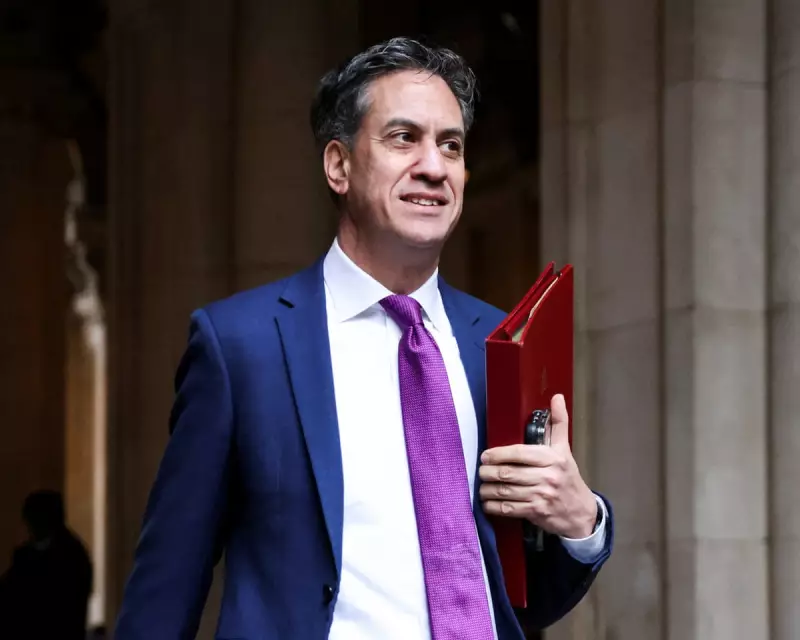
The UK government has declared war on climate backsliding with a comprehensive new strategy designed to rescue the country's faltering net zero ambitions. After months of criticism over missed targets and inadequate planning, ministers have unveiled what they're calling the most detailed carbon reduction blueprint in British history.
What's in the rescue package?
The newly published Carbon Budget Delivery Plan outlines over 3,000 pages of specific measures aimed at closing the emissions gap that threatened to derail the UK's legally binding 2030 targets. The strategy represents a significant course correction after the government's own climate advisors warned that previous plans were insufficient and dangerously vague.
Key pillars of the revitalised approach include:
- Massive acceleration of renewable energy deployment, particularly offshore wind
- Substantial new investment in nuclear power and carbon capture technology
- Comprehensive home insulation programmes to tackle energy waste
- Accelerated transition to electric vehicles and green public transport
- Support for emerging green industries and technologies
Why this plan matters now
The urgency stems from sobering assessments by the Climate Change Committee, which found the UK was badly off-track to meet its fourth and fifth carbon budgets. These legally binding targets require a 78% reduction in emissions by 2035 compared to 1990 levels - a crucial stepping stone toward the ultimate 2050 net zero goal.
Energy Security Secretary Ed Miliband described the plan as "a definitive roadmap that leaves no room for doubt about how we will meet our targets." The government appears to have learned from past mistakes, providing unprecedented detail about policy mechanisms, funding allocations, and implementation timelines.
The credibility challenge
Despite the comprehensive nature of the new strategy, scepticism remains. Previous climate plans have been criticised for relying on technologies that aren't yet commercially viable or for lacking the policy backing to drive real change. Environmental groups and opposition parties are watching closely to see if this plan represents genuine commitment or merely more promises.
The government insists this time is different, pointing to specific funding commitments and clearer accountability mechanisms. With the 2030 deadline rapidly approaching, the success or failure of this carbon budget delivery plan will likely define the UK's climate legacy for decades to come.





